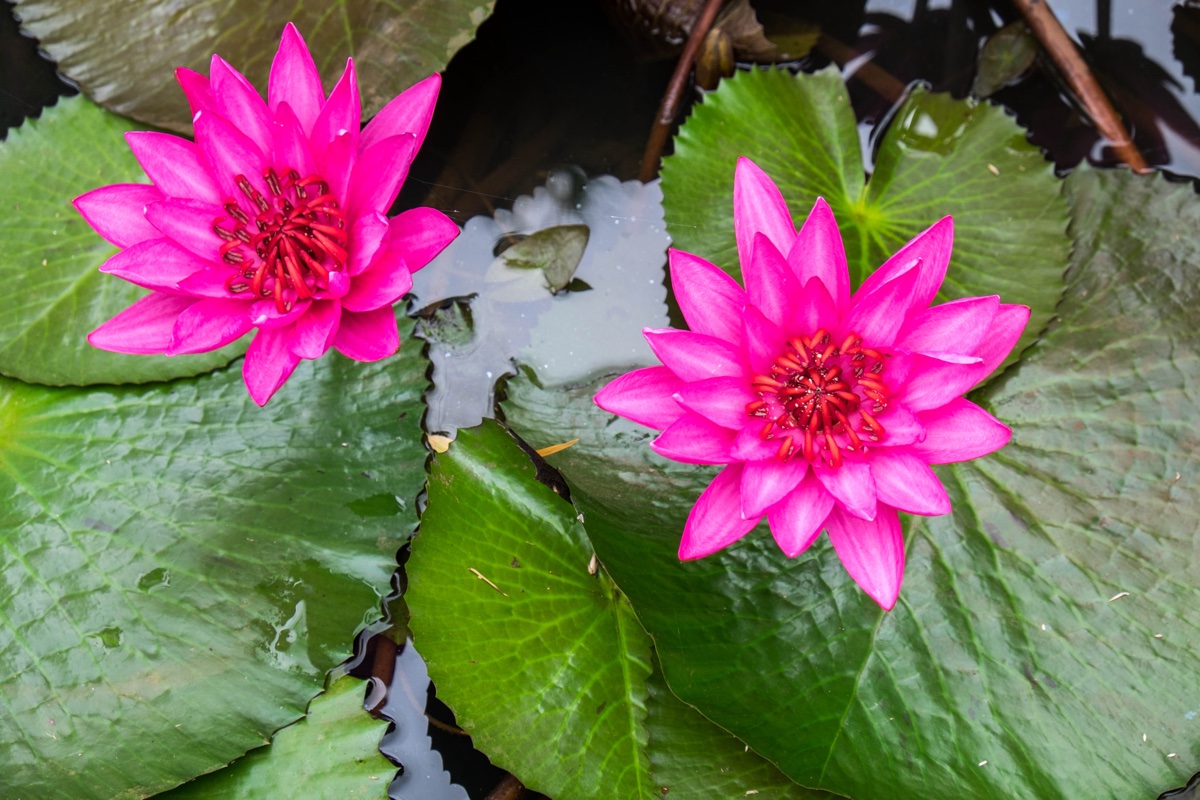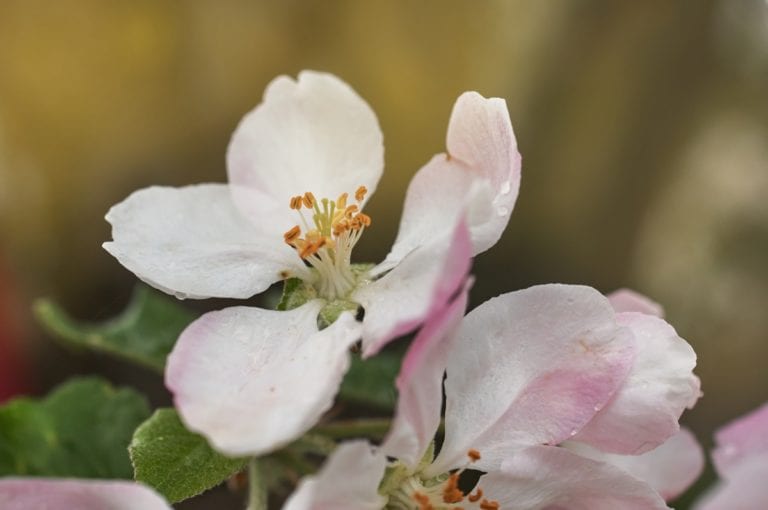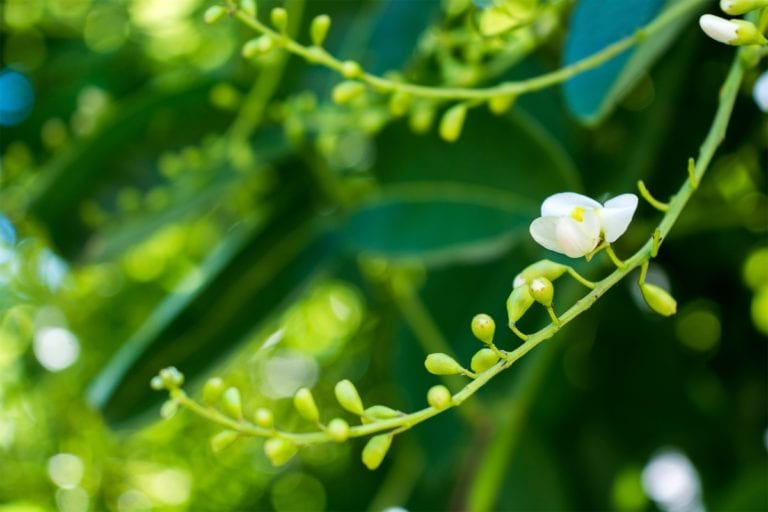818th Week: The Prevalence of Compassionate Action
So many of us have been taught that the nature of nature is “survival of the fittest”, suggesting that competition is the underlying principle of evolution. Elisabet Sahtouris, an evolutionary biologist, points out that the early stages of a species development involves competition, and that the mature stage is characterized by cooperation and collaboration within and between species. Agustín Fuentes, a biological and evolutionary anthropologist also points out the many moments of collaboration and cooperation in our human species, moments that arise spontaneously and seemingly without thought countless times each day.
There’s no question that we humans can be cruel and injurious to one another, and to other species, and I don’t in any way mean for us to ignore those realities. As I listened to Elisabet recently in an interview, though, I thought about how important it is to support the movement toward maturity in our species, and also pay attention to the natural expressions of compassionate collaboration among our kind, not only to each other but to other species, as well.
I’ve mentioned many times that I start the day watching or listening to something that inspires me. That’s where I again encountered Elisabet and her wonderful wisdom. Because of this commitment to finding inspiring resources, I’m more able to live with my heart open and free of hatred and fear—well, not overwhelmed by fear or carried away by outrage, anyway—and to allow my heart to be a major source of information and understanding. I’ve written any number of times about the importance of orienting to heart intelligence, which has a different take on things than does our brain intelligence. In fact, I’ve posted as a past practice a process of shifting into heart intelligence when pondering a problem or exploring a situation, then comparing what your heart says to what your head said. It’s a very useful practice!
So, for this week’s practice in conscious living, I invite you to pay attention to little moments of kindness, compassion, and collaboration that spontaneously arise in you and in the human community around you. It’s a little more challenging these days, with our need to social distance and wear masks, but it’s still possible to notice when someone opens a door for an elderly person or picks up something the person walking in front of them dropped on the floor. An example from Agustín, in his interview with Krista Tippett this morning, was when a woman in a grocery store asked him to reach one of the high shelves to get something for her. He noticed, afterward, that he did so without even thinking about it. It’s so natural for us to help each other that it’s not something we have to consciously question.
Also notice how you feel in your body when you orient your attention to focus on how we help each other rather than on how we hurt one another. This doesn’t mean to ignore or deny harmful things that we do that need to change. Instead, notice what you experience when you include in your awareness how we help each other as part of the variety of places where you put your attention and spend your time taking in information. You might discover that part of you relaxes just a bit when you see an example of someone helping another person or another earth-kin of a different species, or when you notice that you have spontaneously reached out and helped someone along the way.
In case you’d like to listen to the interview with Agustín Fuentes that was on On Being this morning, here’s a link: https://onbeing.org/programs/agustin-fuentes-this-species-moment/#transcript. You can find Elisabet Sahtouris on YouTube.
As with all these practices, please remember to bring along curiosity as your constant companion and to pat gently on the head any judgments that arise, allowing them to move on through without any struggle on your part. They flow on the stream of consciousness that never stops, so there’s nothing to do but notice and allow them to flow right on by. So often, our judgments are evidence of activation and have nothing to do with useful information. It’s helpful to learn the difference—to be able to identify activation thoughts as just the next thing moving through the stream of consciousness, no helpful information, no need to do anything with or about them.





